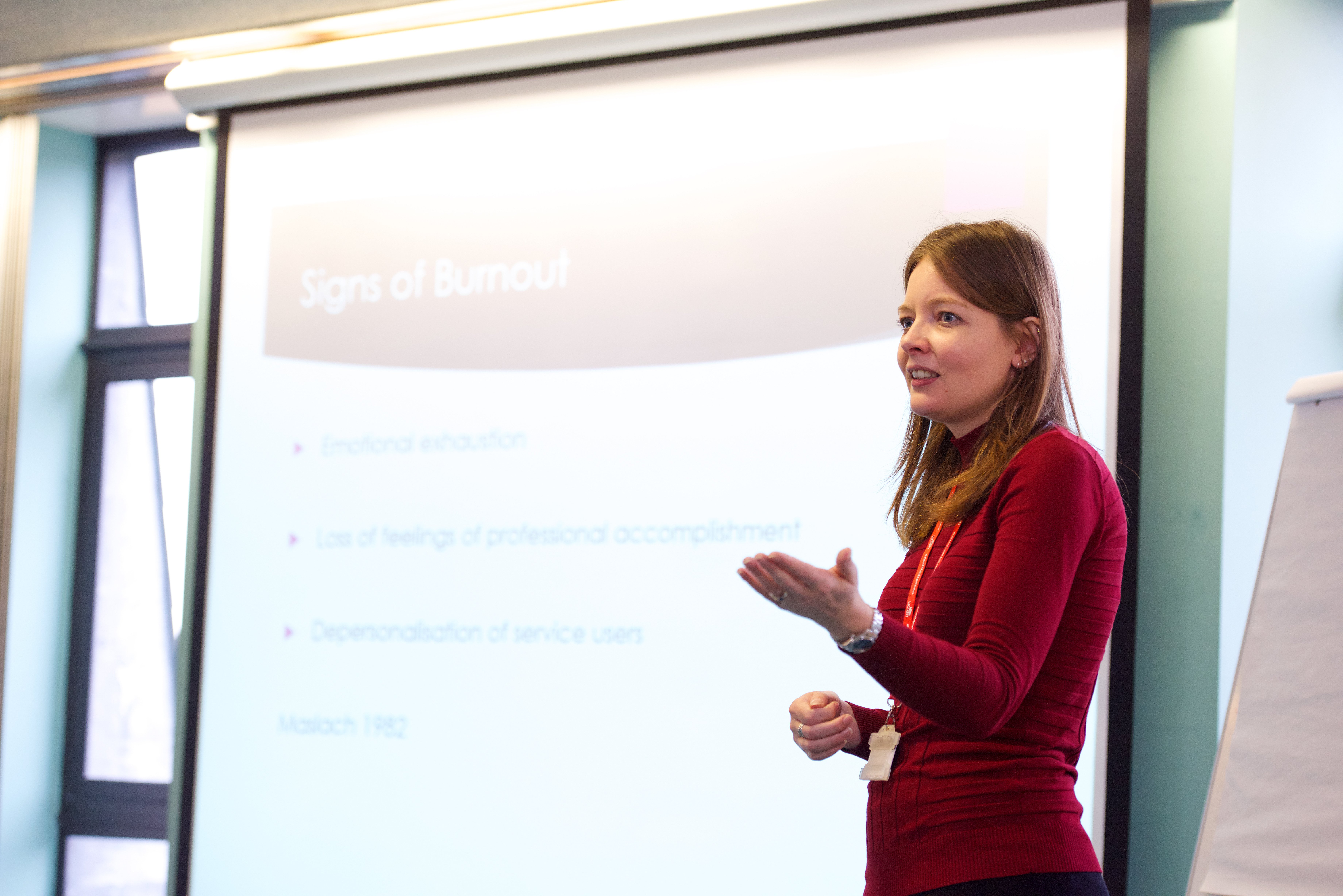
How do different countries address social reform?
The global pandemic created an unprecedented human, economic and social crisis, adding more misery to those already vulnerable – living in poverty, displaced, with disabilities, the elderly and the young.
Here we look at the ways in which four governments around the world are addressing inequality through social policy.
Launched in 2017 by non-profit think tank Development Finance International (DFI) and global charity Oxfam, the Commitment to Reducing Inequality (CRI) Index is the first detailed annual analysis to examine the spending, tax and labour policies and actions of over 160 governments to fight inequality around the world.
The case studies below demonstrate the innovative and progressive actions being taken by some to improve the lives of their citizens.
"Social policy touches all of our lives. Its fundamental concerns are about human need, social justice, and individual and collective wellbeing."
Social Policy Association (SPA)
Gender-focused economic reform – Hawaii
In 2020, Maui County made history, becoming the first place in the world to explicitly commit to involving and prioritising women and gender equality in its Covid-19 recovery plan.
Initiatives included: universal free childcare and long-term elder care; fair wages for those working in the caregiving sector; health coverage for migrants; support for displaced workers via an adjustment fund for retraining and professional mobility; a living wage for cleaning staff; a nearly $25 an hour minimum wage for single mothers; paid sick days and paid family leave.
Entitled Building Bridges, Not Walking on Backs: A Feminist Economic Recovery Plan for Covid-19, it proposed fundamental changes to the way women’s work is valued and compensated to recognise the economic hardships facing women in the wake of coronavirus.
The report warned that, as well earning considerably less than men: “Women’s health, livelihoods and bodily integrity are also particularly at risk during this time due to reports of increased domestic violence, sex trafficking including sexual harassment and coercion by landlords, interruptions to abortion access on the neighbor islands, women’s roles caring for the ill and other longstanding gender inequalities.”
Progressive tax policies – Colombia
According to the CRI Index, Latin America is the most unequal global region in terms of wealth concentration: in 2019, the richest 20% of the population held almost half of the total income, while the poorest 20% held less than 5% of the total income. The richest 1% in the region holds almost one quarter of the total income.
In 2021, the country made headlines when a number of civilians were killed in protests opposing the latest tax reforms (later revised) which were seen to hit the poorest people and the middle class hardest.
Earlier this year, the Ministry of Finance and Public Credit of Colombia announced the first-ever Ministerial Tax Summit for the Latin American and Caribbean region – Towards an Inclusive, Sustainable, and Equitable International Tax Order – which aims to develop fairer and more sustainable tax policies and to help address the large inequality in the region.
Colombia has already begun ambitious tax reform aimed at increasing the taxation of higher-income individuals, limiting tax benefits for legal entities and eliminating existing asymmetries between occasional profit and ordinary income.
Specific measures include: lowering the wealth threshold to $1 billion pesos, or $250,000 USD; a temporary 1.5% equity tax rate on the portion of the equity that exceeds 239.000 tax units (approx. US$1.9m); and increase in capital gains tax rate from 10% to 15%.
Poverty reduction – Cambodia
The Royal Government of Cambodia (RGC) has implemented various poverty policies and guidelines to tackle poverty and raise citizens’ standard of living, tackling the multidimensional causes of poverty, including income inequality, lack of opportunities, capabilities, good governance, and social exclusion.
This has led to a substantial decline in the poverty rate – from 39% in 1993, to 9% in 2019. According to the World Bank, between 2000 to 2017, life expectancy increased from 58 years to 69; the under-five mortality rate decreased from 107 to 29 per 1,000 live births; and primary school completion rate increased from 51% to 90%.
Since 1999, the publicly owned Phnom Penh Water Supply Authority’s (PPWSA) ‘Clean Water for the Poor’ programme, has significantly reduced the cost of water for more than 30,000 poor households.
Specific measures have included: instalment payment schemes based on financial affordability; a 20% discount on connection fees for suburban communities and subsidies of between 30-100% based on income.
Community-based mental health care – Peru
In 2012, Peru passed landmark legislation which guaranteed the rights of people with mental health problems and required mental health treatment and referral services to be available in primary health care centres and general hospitals throughout the country, including rural areas.
At that time, Peru’s Ministry of Health estimated that one in five people had mental health conditions and, of those who did, only one in five received the care they needed, in part because mental health care provision was based largely in three hospitals in Lima.
A key part of the country’s mental health reform has been to bring service provision out of psychiatric hospitals and into local settings. Since 2015, 203 community mental health centres (CSMCs) have been established and are in operation, as well as 30 specialised units in general hospitals and 48 halfway houses for people with serious metal disorders who are discharged from hospital and have weak family support systems and for women who are victims of domestic violence.
How can UCLan help you learn more?
On our part-time online MA Social Policy, you’ll explore the dynamics of social policy developments from an international point of view. You’ll consider how cultural, demographic, economic, governmental, and technological changes shape social policy across the globe.
In particular, the Comparing Welfare States module draws upon a range of case studies from different countries. You’ll examine how governments are addressing some of the most pressing issues faced by the world today: care for an ageing population; global spending and investment; sustainability and the impact of climate change; challenging poverty; creating better societies and reliable infrastructure.
Do you want to help raise awareness of social issues and drive social change? Find out how our MA Social Policy can help launch a successful career in social welfare provision and public service:
Related posts
See all
Key skills to succeed in social policy
Gain insight into the key skills you need to succeed in a social policy career, and discover how an...
Read the story
Social policy and economic policy: What’s the difference?
Discover the differences between the two key policies, as well as real-world examples of the impact...
Read the story